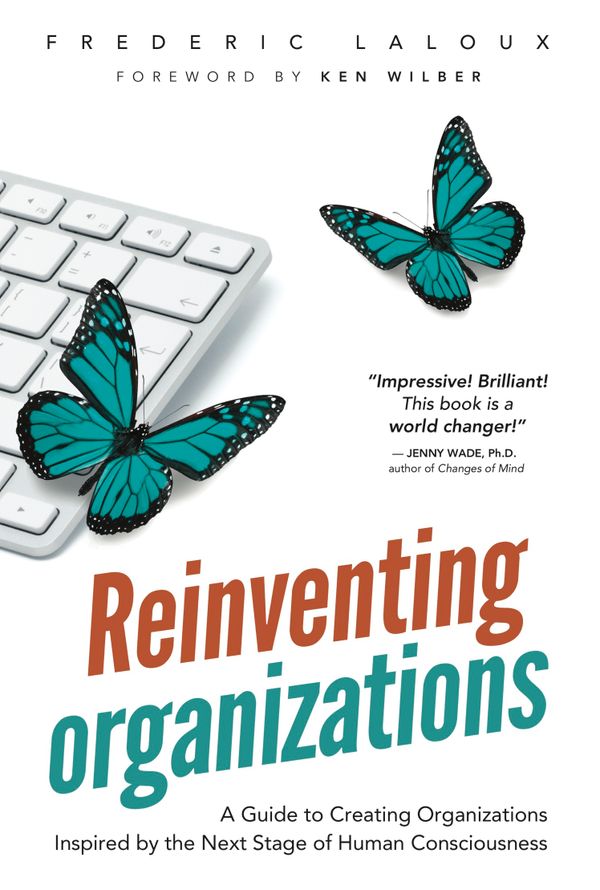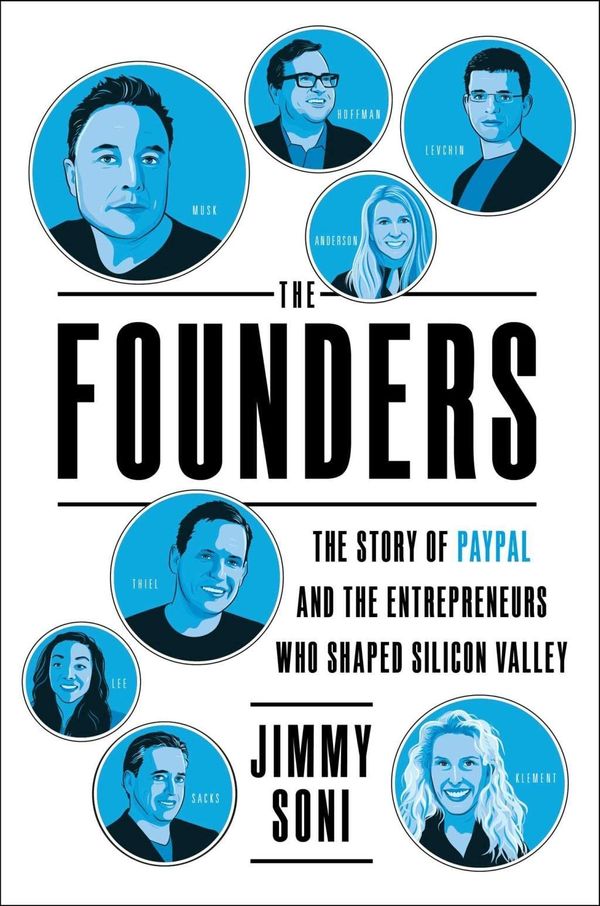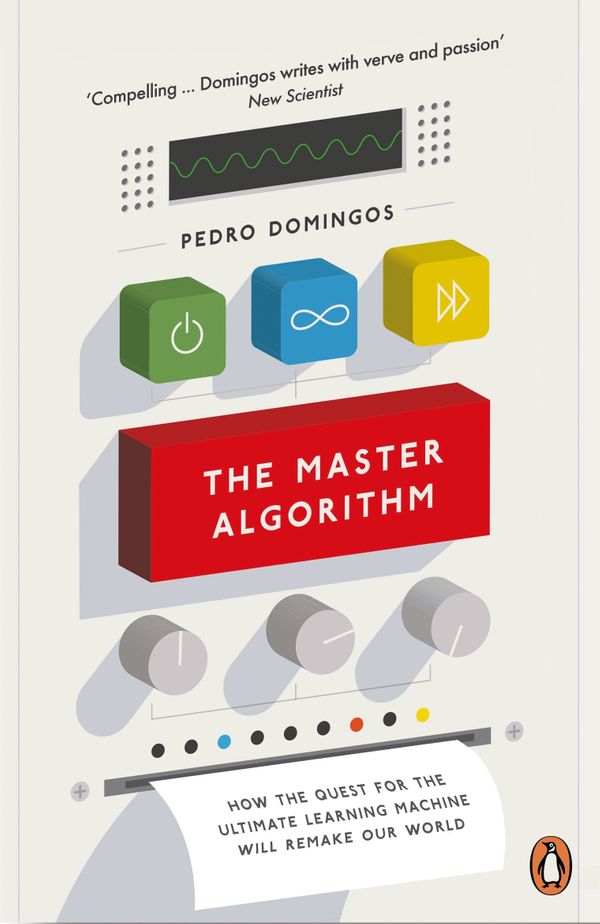By Frederic Laloux (2014)
Pages: 331, Final verdict: Should-read
Do you ever feel like you wear a mask at work? Do you wonder why decisions about your work are taken by those who are not familiar with it? Frederic Laloux brings us an inspiring book about new ways of organization that promise to create more participative and soulful workplaces.
Laloux, a former strategy consultant at McKinsey & Company, dedicated three years of research looking for companies with innovative management practices from different parts of the world. The result is a hand-book style work with details on the common characteristics of these companies and how to implement them.
Do assume that all employees can be trusted
Reinventing Organizations introduces the concept of a new paradigm in organizational management. In order to define the contrast with previous organizational structures, Frederic Laloux categorizes the existence of different organizational models which developed along with the evolution of human consciousness: Red organizations - based on tyrant leadership (early tribal societies), Amber organizations - top-down command through a hierarchical pyramid (military, catholic church), Orange organizations - the exponent of 20th century management (corporations masterly organized to create profits), Green organizations - family like organizations with a focus on empowering individuals.
Finally, Laloux introduces the new type of organization which is explored during the rest of the book: Teal-evolutionary Organizations. These organizational model is based on the assumption that individuals look for work where they can explore their inner calling.
Among the many different organizations studied, Laloux identifies three main common characteristics for Teal organizations:
- Self-management practices - workers are organized in teams of 15-20 people, dividing the responsibility of performance evaluation, compensation and coordination among all. The teams usually also cover staff functions such as HR or Quality. Decision making is decentralized, making it fast and transparent.
- Striving for Wholeness - not having a job title allows employees to find their own role. Clear company values are implemented in day-to-day work relationships to create a safe space for individual expression. Practices such as meditation, reflection and storytelling are accepted and encouraged.
- Listening to the evolutionary purpose - the purpose of the organization the guide for decision making. Revenue and market share growth are only significant as long as they support to pursuit of the organization's purpose.
"The point is not to make everyone equal; it is to allow all employees to grow into the strongest, healthiest version of themselves." - Frederic Laloux
Reinventing Organizations is especially interesting because of all the examples it describes. It includes details on the management practices at such different companies as FAVI (French brass foundry), AES (American global corporation with 20k+ employees), Buurtzorg (Dutch health care provider) and Morning Star (major US tomato ingredient producer).
Self-managing teams at work
What happens when you trust that everyone will act responsibly and is allowed to take decisions? Does chaos ensue? How does it work in practice? Laloux provides a great perspective on how major management tasks such as goal setting, decision making and HR processes are managed in a self-managing environment. Here is the list of my favorite examples:
- Advice process - everyone is allowed to take any decision as long as he seeks the appropriate advice. In practice, employees can take action to decide how to improve their work; the more important the decision, the more people they should get advice from. This practice relies heavily on communication tools such as internal message forums and on transparency of information.
- Personal accountability - employees are directly accountable to the members of their team, not to a boss. At Morning Star, employees write a contract every year where they state what their objectives are and what kind of service they can provide to each person they work with.
- Conflict resolution - all researched companies implemented explicit conflict management mechanisms. Conflicts should be handled as soon as they surface, by the people involved and with the help of a facilitator.
"It can be argued that there is more management and leadership happening at any time in Teal Organizations despite, or rather precisely because of, the absence of full-time managers." - Frederic Laloux
Reinventing Organizations provides a thorough overview of the 12 studied companies, describing their successes and failures (some returned to classical management practices after a change in leadership). Towards the end, Laloux concludes that having a CEO and Board who are aligned with this new paradigm are the two must-have conditions for success in a transformation to a Teal Organization.
Bottom line
Reinventing Organizations will challenge the way you think about work. At some points, I felt like the author was over enthusiastic about the new management paradigm, describing it as a new stage of evolution of human consciousness. I am not sure whether this organizational model will start an new-age of non-profit-seeking companies, or it will just be the time for more soulful, efficient and sustainable corporations.
With more than 300 pages, I must also admit it was difficult to get through some of the book's chapters. And I wish the author would have used those pages to explore a broader range of companies in different industries and all continents.
Nonetheless, Reinventing Organizations is full of rich examples which can encourage many of us to create more motivating working cultures. It provides great inspiration, challenging us to rethink how we relate to each other at work - and this is what I am looking for in such a book.
Further learning:
- Buy the book online.
- Check the Reinventing Organizations website
- Read the review of Maverick - a book about the organizational transformation at the Brazilian company Semco
- Learn about Holacracy - the most well-known self-management structure
- Learn about Integral Theory on which the concept of Teal organizations is based



